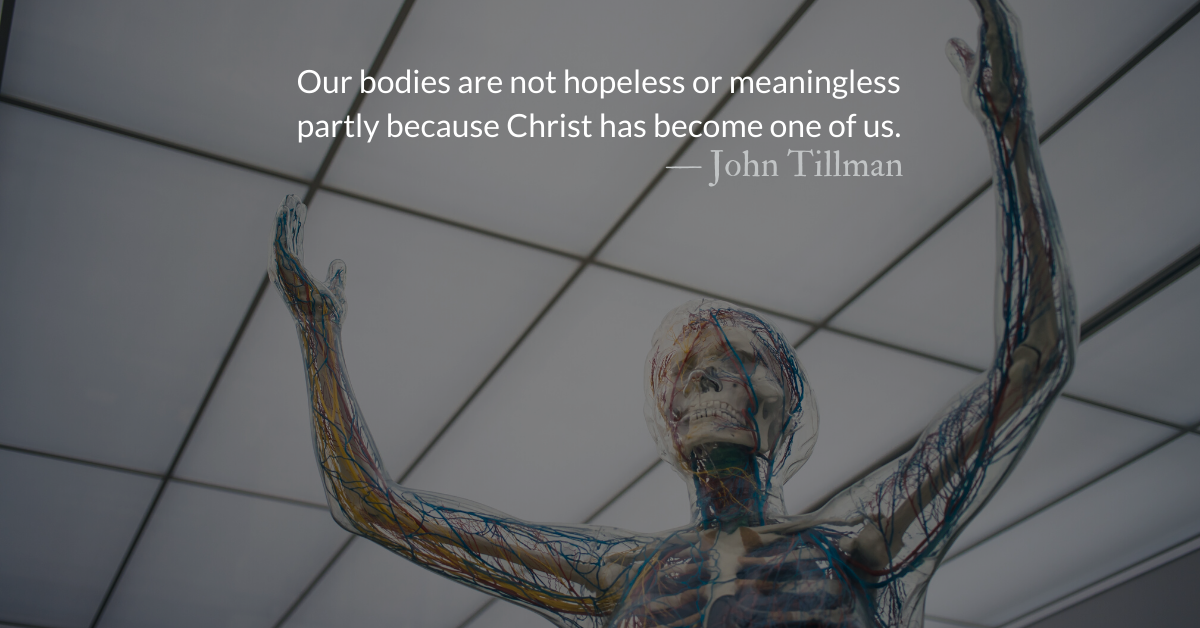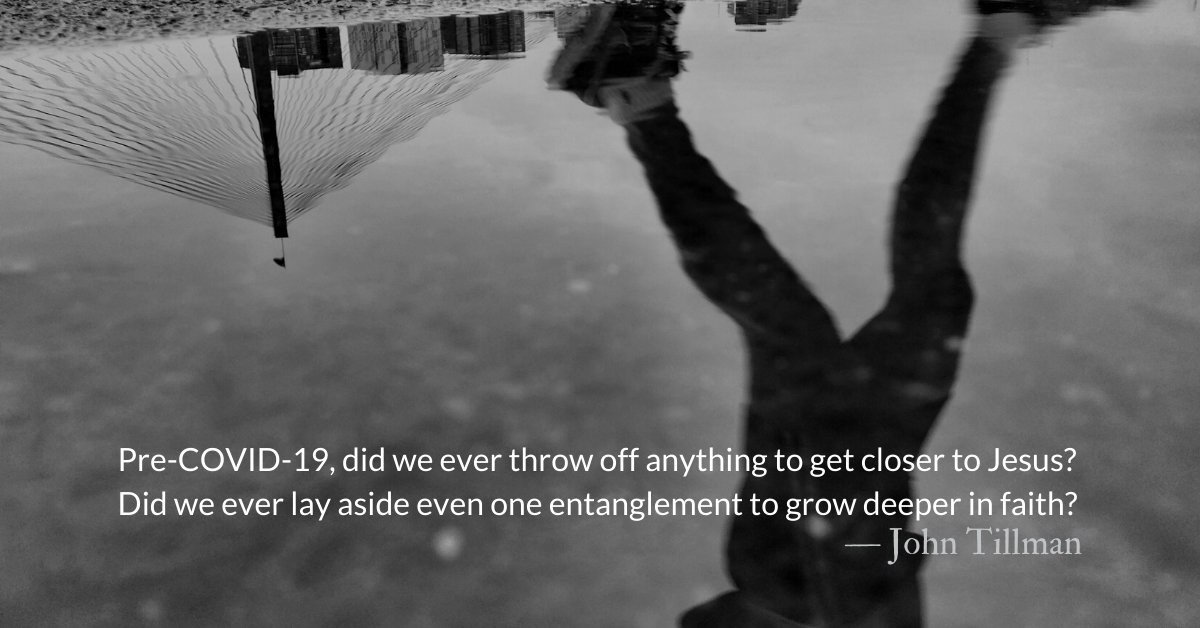Scripture Focus: Hebrews 5.11
11 We have much to say about this, but it is hard to make it clear to you because you no longer try to understand. 12 In fact, though by this time you ought to be teachers, you need someone to teach you the elementary truths of God’s word all over again. You need milk, not solid food! 13 Anyone who lives on milk, being still an infant, is not acquainted with the teaching about righteousness. 14 But solid food is for the mature, who by constant use have trained themselves to distinguish good from evil.
Reflection: Keep Drinking the Milk of the Word
By John Tillman
In Hebrews chapter 5, the author wishes to discuss complicated topics of Christ’s transcendental priesthood, the Trinity, and the incarnation. But how is this possible when the readers are not ready for such theological complexity? The writer rebukes the readers, telling them that it is difficult to teach them when they don’t even try to understand.
Just like the chastised readers, the maturity of western Christianity is in question.
Our world needs a gospel-driven worldview, yet half of those raised in church can’t identify the Great Commision. What is it? Who said it? What does it mean? Where is it in the Bible? One out of two don’t know.
This is not just an indictment of our lack of biblical knowledge. More knowledge isn’t the answer. Jesus didn’t call Peter to build a biblical trivia team. Peter, and by extension every Christian, is called to feed a flock, starting with the young. Starting with milk. Milk changes a lamb to a ram.
However, even the simplest of disciplines, church attendance, has been in decline since 1959. (We can’t, therefore, blame millenials for it.) It’s not that we are still drinking milk when we should have been weaned, but that we’ve never drunk it consistently.
Perhaps our culture disdains milk and small beginnings too much? We desire something for nothing. We want spiritual marathon ribbons without putting in the hard miles of training.
Drinking the milk of the word should not be a marker of immaturity and shame but of growth. The purpose of milk is progress. One doesn’t leave milk behind, but adds to it, learning to consume and digest spiritual foods of greater complexity.
Babies physically grow faster in their early years than at any time in their life. But the growth of the visible is nowhere close to as impressive as the cognitive growth that is happening in their brains. The growth we can experience by the simple application of spiritual practices to our lives can be similarly exponential.
Prioritizing the basics of faith—Bible reading, reflection, prayer, and corporate worship—is a spiritual intake process that matures with us, leading deeper into scripture as we repetitively read and absorb God’s Word.
If we expect to effect change in our complex and demanding world, we need to consistently drink our milk.
Divine Hours Prayer: The Request for Presence
For God alone my soul in silence waits; truly, my hope is in him. — Psalm 62.6
Read more about Slavery to Maturity
Perhaps the best thing God can do for our spiritual maturity is to lead us through a desert of trials, mistakes, and dangers
Read more about The Purpose Beyond Growth :: Throwback Thursday
Reproduction, not mere development, is the goal of matured being—reproduction in other lives.











